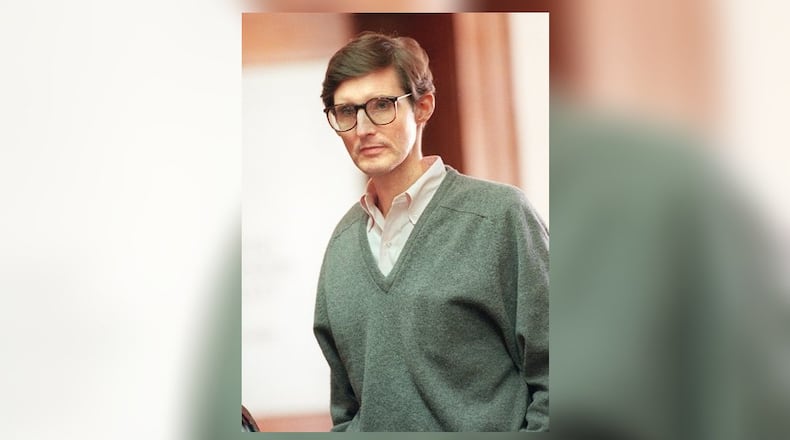Fred Tokars, the Atlanta lawyer who masterminded the murder of his wife, Sara, in 1992 has died in prison.
Tokars had been a marked man behind bars, having testified in murder trials against a couple of fellow prisoners. But he died of natural causes over the weekend in a prison hospital in Pennsylvania having been suffering a fever for several days, said his attorney, Jerry Froelich.
Tokars, 67, had suffered from a host of health issues, including a neurological disease that had destroyed his body.
“He hadn’t walked in 10 years,” Froelich said.
He had been held in secret custody and the federal prison system didn’t even list him, nor would discuss if he was still a prisoner when the AJC asked about him over the years.
Tokars was convicted on federal racketeering charges in 1994 and handed a sentence of life without parole. He was tried years later by Cobb County prosecutors on the murder charges but a jury did not give him the death penalty.
Sara was kidnapped along with her young sons from their East Marietta home after returning from a family Thanksgiving trip to Florida. The gunman, Curtis Rower, killed her with a point blank shotgun blast to the head in front of sons Ricky, 6, and Mike, 4.
Mike died last month, having been suffering from depression for years.
The ghastly crime shocked the community as Fred Tokars went from grieving husband to suspect to convicted killer.
Tokars was a former prosecutor who became a self-promoting private lawyer who later worked with drug dealers, helping them hide their ill-gotten gains in nightclubs. When his wife Sara threatened to disclose his activities, a plot for her murder was hatched.
Tokars enlisted the help of a fledgling businessman and sometime con artist, Eddie Lawrence, to set up the hit.
“I called Tokars evil in my closing argument and he was,” said former Assistant U.S. Attorney Buddy Parker, who prosecuted the federal case. “I don’t think there’s any way you can think otherwise having the mother of your sons killed in front of them. I don’t know if he ever changed.”
Froelich had tried to get a reduced sentence for Tokars for his testimony in murder cases against a white supremacist drug dealer who had killed witnesses and another prisoner who had killed his business partner.
“I’m not condoning what (Tokars) did, but he deserved consideration,” Froelich said Wednesday. But, he added, Tokars was too infamous for that to happen.
Joni Ambrusko, one of Sara’s sisters said, “He should have died in the electric chair 28 years ago. The pain and suffering that he caused those little boys and our family was and continues to be immeasurable.”
About the Author
The Latest
Featured



